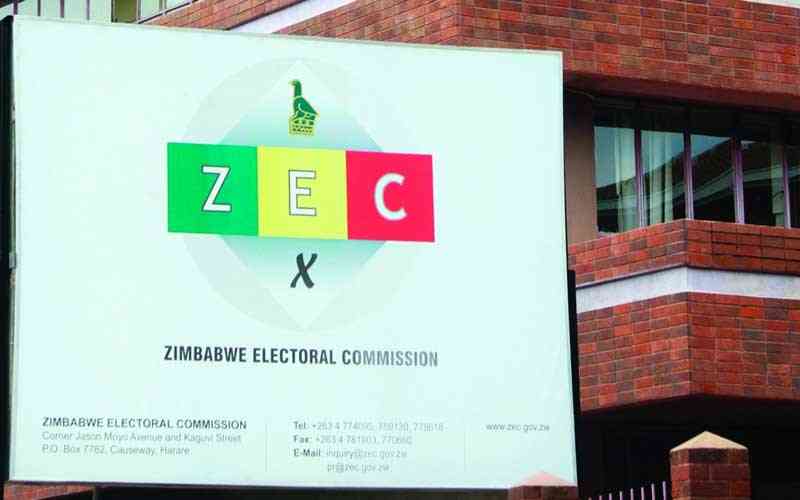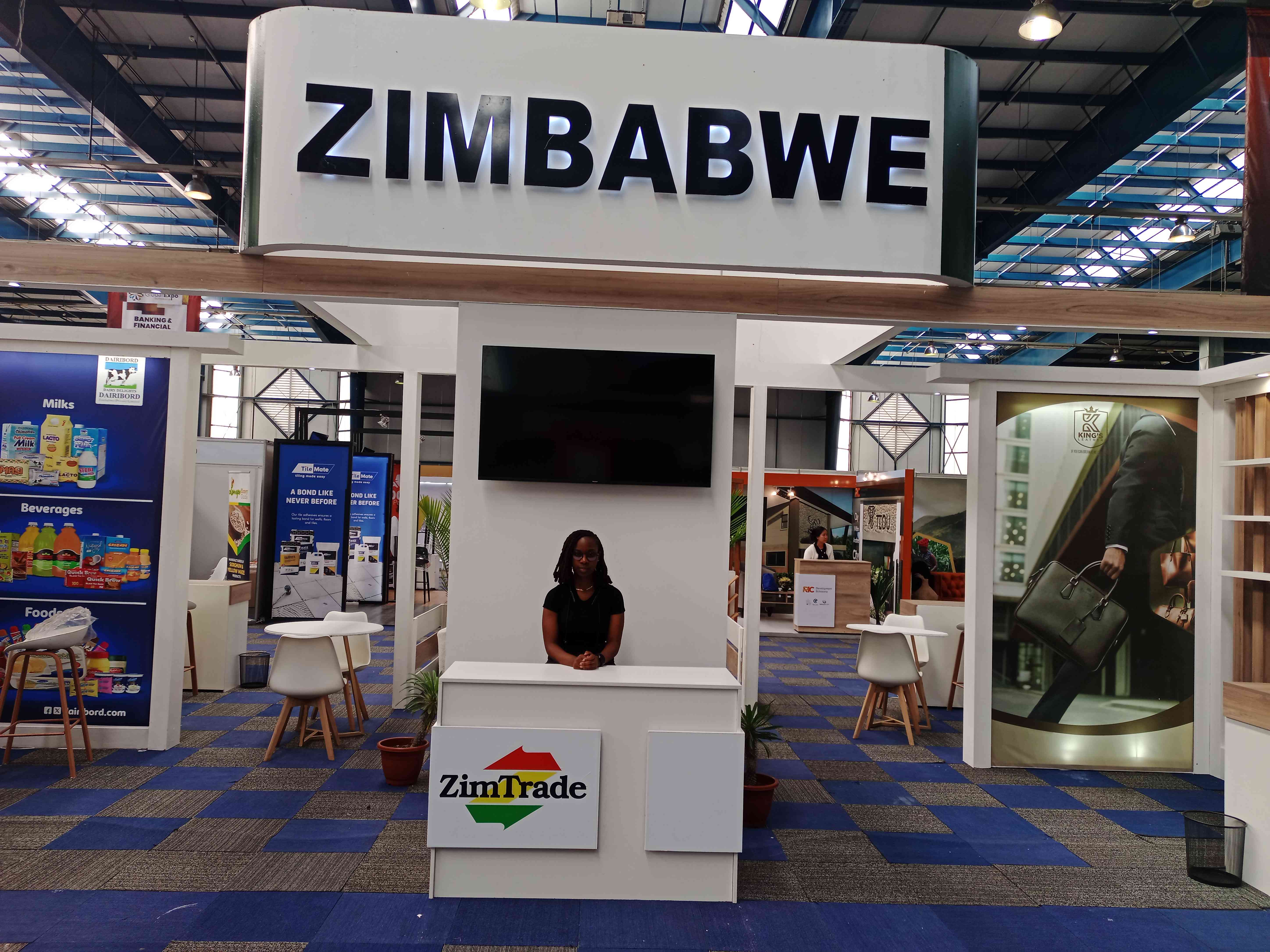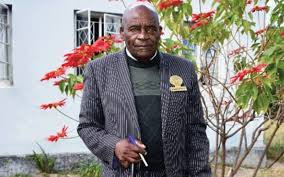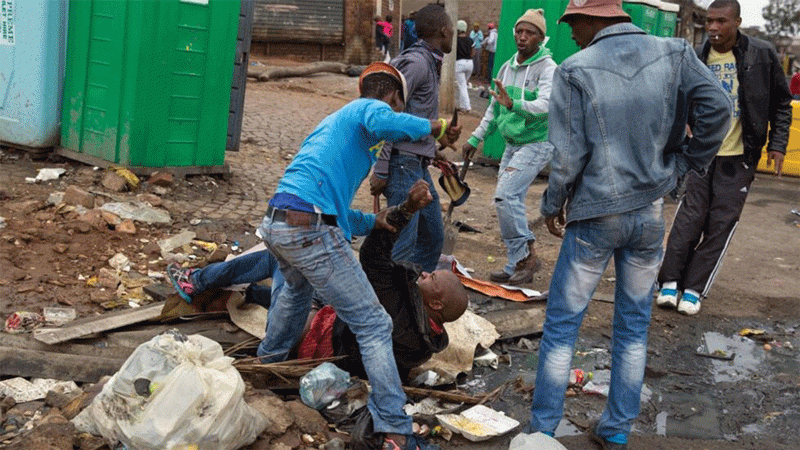
WHEN the Zimbabwe Electoral Commission (Zec) officially announced that it had completed the delimitation process, the number of wards under the Lupane Local Board was given as four and they are still four and will remain so until the next delimitation of boundaries.
The total number of registered voters collectively was approximately 1 600. Fair and fine. After the official closing of the voter registration exercise, two days after proclamation of the election date, the number of registered voters in all the four wards is now more than 2 000.
Initially ward 4 had 400 registered voters, now there are 478 registered voters, a dramatic increase in a space of less than 60 days. Normally one would laud Zec, political parties and non-governmental organisations who indefatigably worked around the clock urging Zimbabweans to register.
And yet no matter how things appear to be above board, there always will be doubting Thomases who annoint themselves as analysts and critics. They have this penchant for delving into the subterranean of things.
Now in less than 60 days, more than 500 people had either registered or transferred their names. This is the story I have heard, which does not make any sense to me. Lupane urban is very small, measuring 5,1km2 in extent. The demographics do not sit well with me, frankly.
Many people registered and/or transferred their names in just over a month, an extremely huge number compared to the number which existed at the closure of the delimitation process. Demographic statistics don’t work like that, please. What am I insinuating here, someone might ask? It is precisely that the majority of the post-delimitation voters are not residents of Lupane.
They will come and vote and go back where they are domiciled. They are sure to be back in 2028, if they are lucky to be still “kicking”, of course. The thing is, the primaries gave the contesting parties a clear picture of how they are likely to fare in the elections in the constituencies and wards.
Also, the new votes will not be split. They are “sponsored”, mind you. For all we know only a party with financial muscle is able to undertake the mammoth task involved in this intricate “rigging” of votes.
- RG's Office frustrating urban voters: CCC
- Fast-track delimitation, Zec urged
- Fast-track delimitation, Zec urged
- 'Political parties must not be registered'
Keep Reading
The brief of a social commentator is to portray a graphic picture of things and events as they are on the ground: no fear and no favour. - Martin Stobart
Partnerships key to supporting refugee population in Zim
GOVERNMENT, through the Public Service, Labour, and Social Welfare ministry, availed 4 400 metric tonnes (mt) to World Food Programme (WFP) to support the refugee population residing at the Tongogara refugee camp.
The WFP twinned this in-kind contribution with internal resources, to cover the cost of transport, storage, handling, milling and distribution for an initial 2 200mt.
This innovative partnership, allows WFP to stretch available resources, providing assistance for a longer period.
WFP through its urban cash assistance programme, assisted 10 125 vulnerable people in cities with cash transfers to meet their food needs and nutrition top-ups, to cushion them from deprivation and encourage purchase and consumption of diverse foods in Mzilikazi and Chiredzi urban domains.
WFP received a US$2 million contribution from the United States Agency for International Development (USAid), which will allow WFP to scale up its urban resilience activities to an additional three domains.
This contribution will safeguard the investments made last year, while also creating synergies across activities and strengthening already developed projects and skills.
Through the food assistance for assets programme, WFP is working on improving the long-term food security and resilience of the most food insecure rural populations.
This will be through the construction and rehabilitation of productive assets, while addressing their immediate food needs through cash or food handouts.
In 2023, WFP is supporting 66 000 people in six districts (Chiredzi, Kariba, Masvingo, Mwenezi, Rushinga and Zvishavane).
Working with communities and partners, the activities planned for August were undertaken in June and July to avoid any interruptions that may arise during the election period.
WFP and partners are resuming implementation of the Zambuko Livelihoods Initiative (supported by USAid), in Masvingo, Mwenezi and Chiredzi. Zambuko promotes and strengthens climate-resilient livelihoods, while mitigating household vulnerability to recurrent shocks, such as droughts and floods. - WFP











